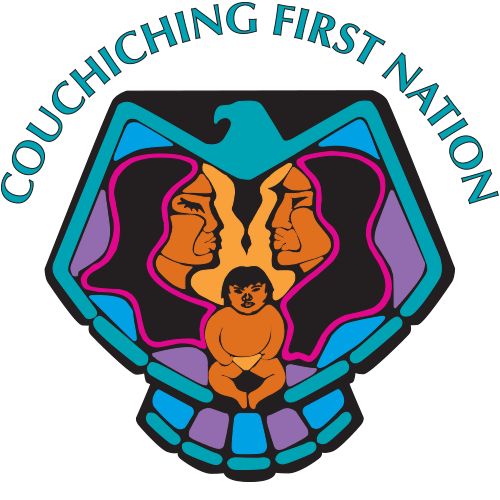Treatment and Support
To improve the Physical, Mental, Spiritual and Social well-being of aboriginal residents of the Rainy River District and their families suffering from drug and substance abuse problems.
A brief history of Couchiching Treatment & Support Program
In December 2007 following discussions the need for outreach and support services for community members struggling with addictions to prescription drugs, street drugs and alcohol became evident. Consultation meetings were held with Education, Social Services and Health Programs. A common theme was expressed by the Couchiching staff that there is a definite need to develop and provide on addictions treatment program.
Treatment & Support Education Awareness
The Treatment and Support Services Project primarily works with the National Native Alcohol and Drug Abuse Program (NNADAP)
Current Activities:
The Treatment and Support Services Project is a phased approach:
Phase I: Comprehensive Needs Assessment
Phase 2: Implementation of strategic recommendations and follow-up.
Treatment Services:
The program can offer a 20 day Outpatient Program followed by a 12 week Aftercare Program.
Photo Voice:
4 C' s Day Care :
Working with the 4C's Daycare a calendar with messages relating to substance abuse from a child's perspective where the children were featured.
Youth Leadership:
Provided an opportunity for youth to participate in youth conferences, leadership activities, public speaking, and incentives to complete the 1 week project.
Cultural Program:
A program is being provided that utilizes community members to facilitate cultural activities for
the community. The Outreach worker provides the opportunity for individuals to attend ceremonies, activities, and teachings that are available.
Community Development:
Ongoing strategies to address the existing addictions that exist in the community are being developed .
Addictions Gatherings:
Gatherings are ongoing to provide the community a time to get together and hear from individuals that are willing to share their transition from active addictions to a better way of life for them- selves and their families.
Twelve Step Groups:
Wednesday evening from 8:00—9:00 pm an Alcoholics Anonymous (A.A.) meeting is held at the Treatment and Support Services Building, Wednesdays starting at
7:00 pm.
Thursday evenings from 7:30—8:30 pm a Narcotics Anonymous (N.A.) is held at the Treatment and support building.
Community Survey
A community survey was conducted in order to determine the need and focus of Treatment and Support Services. Below are results of the survey.
A total of 108 surveys were completed:
43 Males & 65 Females
Of the 108 surveys:
- 74% identified that alcohol abuse is problematic; -91% identified illegal drug abuse is problematic; -94% identified prescription drugs is problematic;
- 94% were in support of a residential treatment facility for addictions;
- 59% agree that traditional programs are important as mainstream programs;
- 82% agreed that the struggles facing Couchiching are similar to other First Nation communities; -94% agreed in the importance to carry out the project no mater what outcomes may emerge;
Illegal Drugs Abused:
76% Marijuana
75% Cocaine
52% Crack Cocaine
Prescription Drugs Abused:
95% Opiates (oxycontin)
65% Codeine
45% Morphine
Statistical information gathered indicates an addiction problem exists and needs to be addressed. Addictions to prescription drugs and in particular opiates and oxy's is at 95 percent, Codeine Tylenol 2, 3, 4 are at 65 percent indicates the most abused followed by Ritalin, Morphine, and Valium ranging from 32 to 45 percent. Diet pills, sedatives and sleeping pills are being abused as indicated in range from 11- 21 per- cent. Illegal drugs pose a serious addiction problem and all are being abused in the range from 28 percent to 76 percent. These drugs include marijuana, cocaine, crack cocaine, LSD, ecstasy and crystal meth. The data indicates that these drugs are available on Couchiching. Over-the-counter medications are a concerning problem as well. The data indicates a range of 18 percent abuse of cough medicine, 25 percent abuse of Gravol, and 38 percent abuse of Tylenol 1. Alcohol abuse continues to be prevalent in our population and individuals that prefer to drink alcohol will abuse other drugs if alcohol is not available and vice versa for drug users.
Couchiching Community Care Program reports that the Child Welfare caseload has increased from 13 children in care in 2005 to 38 children in care in January 2008.
Couchiching Program staff and members agree that the drug dealers are known but that we do nothing to change this.
Treaty 3 Police report that their calls to Couchiching are overwhelmingly related to drugs, break-ins, and individuals having had their prescription drugs stolen.
PhotoVoice Project
PhotoVoice is a photographic technique used in health promotion and community development to identify issues and act for social change. PhotoVoice has 3 goals:
- To enable people to record and reflect their communities strength and problems.
- To promote dialogue about important issues.
- To communicate with decision makers and act for social change.
Elders in the community were given cameras and asked,"What has influenced you to use or not use alcohol or drugs throughout your lifetime?"
Youth in the community were given cameras and asked, "What has influenced you to use or not use alcohol or drugs throughout your high school career?"
Staff Contacts
Treatment & Support:
NNADAP Worker
Kari Yerxa
Ph: 1-807-274-9452
Email: kari.yerxa@couchiching.ca
Community Wellness Worker
Debbie Fairbanks
Ph: 1-807-274-9044 EXT. 200
Email: debbie.fairbanks@couchiching.ca
Reports
Treatment & Support Project Services Report Update
Rainy River District Aboriginal Addiction Needs Assessment Survey Report
Couchiching First Nation
Download from Scribd

CONTACT
BAND OFFICE ADDRESS
Couchiching First Nation
RMB 2027, R.R. #2
Fort Frances, ON
P9A 3M3
Couchiching First Nation
